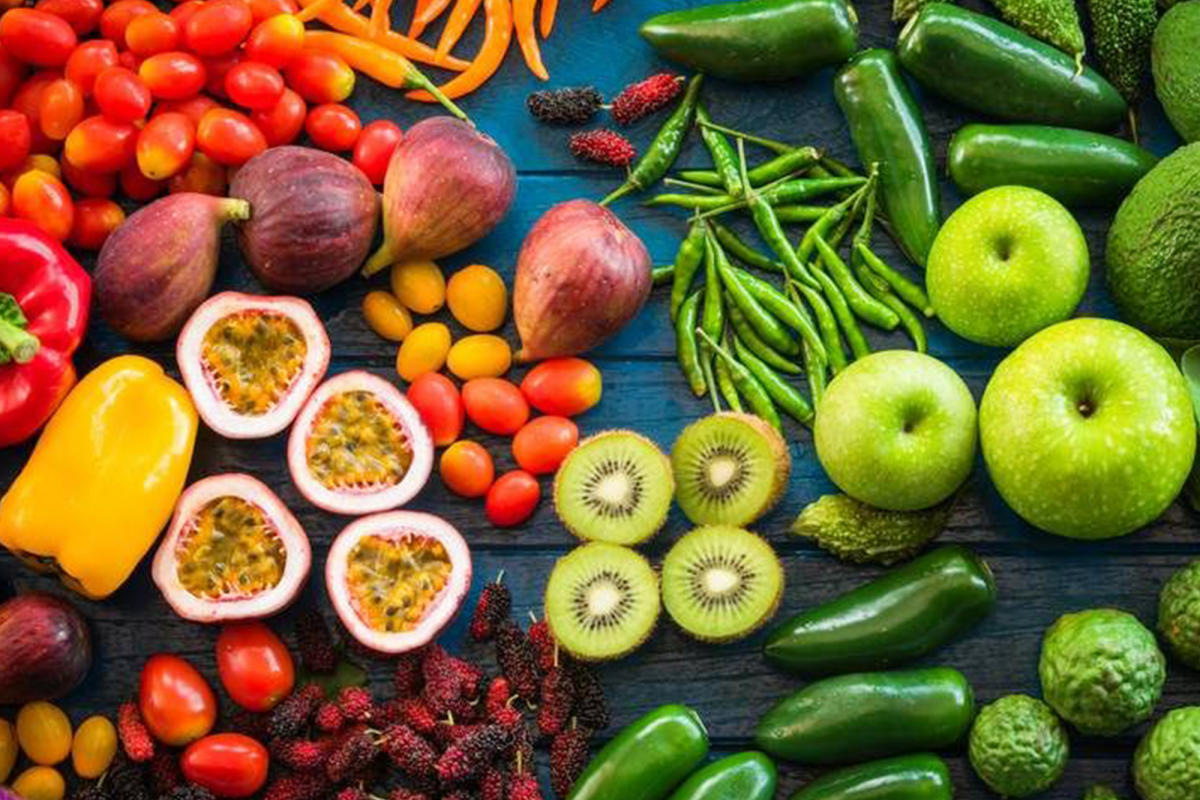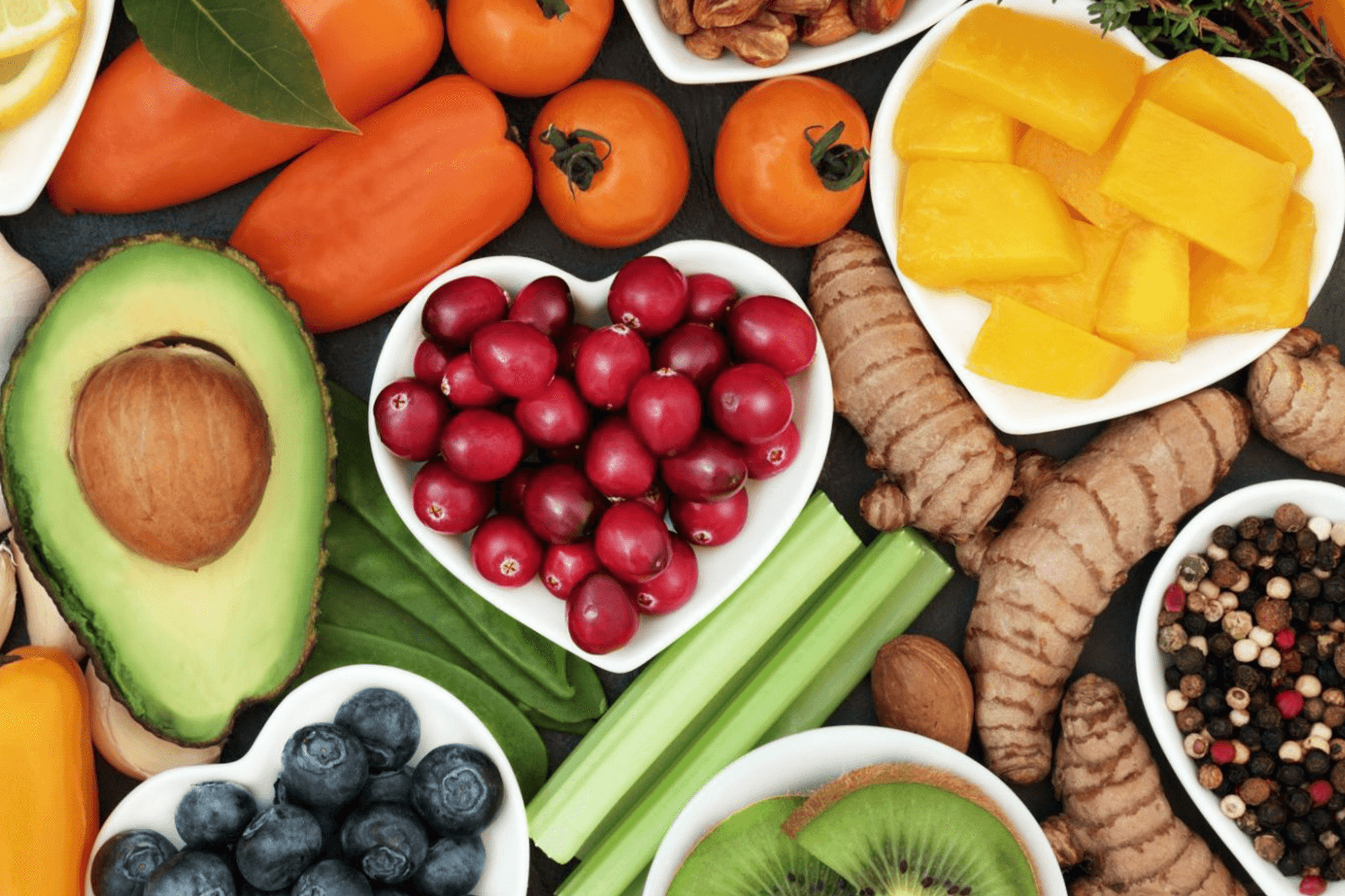
Your immune system plays an extremely vital role in your body by producing antibodies to defend against germs, viruses, bacteria, and the like, as well as ensuring none of the cells are abnormal or degenerating. In many ways, your immune system can easily rival the brain in terms of complexity, and self-awareness.
We all know how terrible it feels to come down with a cold accompanied by pain in your sinuses, irritation in your throat, and heaviness all over your body. When you start getting sick, you internally start blaming yourself for not washing your hands after exchanging a handshake with your unwell coworker or not sleeping enough hours each night.
This is why you need to keep your immune system in infection-fighting mode And the secret to that isn’t that complicated. Read on for the healthy lifestyle habits you can practice in your day-to-day routine to cut down on sick days and keep your immune system strong and ready to fight off any virus.
Surprisingly, not only are these listed natural immune boosting tips incredibly safer than the medicinal approach but, they are also far more potent than their pharmaceutical counterparts:-
Clean Up Environmental Issues: Air pollution, water pollution, and heavy metal exposure all work to compromise the effectiveness of your immune system. You need to filter your water, clean up the air in your house, and remove heavy metals from your body regularly to keep your immune system optimized.
Avoid Sugar: Research shows that white blood cells have a decreased ability to engulf bacteria when exposed to high levels of sugar, thus suppressing your immune system and your ability to fight infection. A 1976 study, for example, published in Dental Survey found that drinking 24 ounces of sugared cola depressed the activity of bacteria eating neutrophils for a minimum of five hours. Stick to natural sweeteners that are low on the glycemic index. And, if you are wondering what artificial sweeteners can do to your immune system, read this report.
Limit Coffee: Even though coffee may have some antioxidants, the high acid levels can damage the small intestine, affecting your body’s ability to assimilate nutrients, especially calcium, magnesium, and potassium. It also dehydrates the body. Green tea is a healthier alternative. If you drink coffee, drink 2 glasses of additional water for every cup of coffee, and take a mineral supplement to balance out the loss caused by coffee.
Eat Healthy Fats: Omega 3’s & 6’s help the immune system recognize what is self/non-self—key for controlling cancer, and they are needed by the immune system to manufacture prostaglandins, which kill germs and invaders. And be sure to keep your consumption of Omega 3’s and 6’s in balance.
Eliminate Toxic Food from the Diet: Avoid unnatural substances frequently found in commercial food that impact your health such as pesticides, insecticides, genetically modified foods, irradiated foods, food additives, artificial colors and flavors, preservatives, etc. There are over 3000 different chemicals added to our food, and nobody knows the effects of the various additives when used together in the thousands of combinations inside our bodies over time.
Raise pH Levels in the Body: Eat foods; primarily vegetables and fruits that raise your body’s pH. Beneficial supplements include the minerals calcium, potassium, and magnesium. Avoid excesses of meat, dairy, sugars, and cooked grain—all of which make your body more acidic.
Eat a Well-rounded Diet: The most important way to keep your immune system functioning normally is the old-fashioned way that nobody likes to talk about diet. Having a varied diet can be difficult, I do understand that, but it’s worth trying to do and will keep you much healthier in the long run. A food chart rich in fruits, veggies, whole grains, and lean proteins will defend your body against germs.
Exercise Regularly: Working out does more than keep your waist trim. Exercising regularly and eating healthy are the most significant factors for your immune system. It’s been proven that people who live more sedentary lifestyles are far more likely to get colds or other infectious diseases.
Get Enough Sleep: When you’re feeling overwhelmed by your endless to-do list, it can be tempting to skimp on sleep to get everything done. But if not prioritizing your shut-eye becomes a habit, it can have serious ramifications on your health. There’s an association between lack of sleep and getting sick.
Wash Hands: Washing your hands is an extraordinarily good way of preventing one from getting sick, but it’s something that we don’t always do very well. Washing your hands with plain soap and water is all you need, and an antibacterial soap isn’t quite necessary or good for us in the long run.
Use a Hand Sanitizer: If you are out in public and can’t use soap and water to scrub, using a hand sanitizer is the next best thing. Not to mention, it’s offered in convenient, pocket-sized bottles and tons of different scents.
Try Probiotics: The bacteria in your gut may affect your body’s ability to fend off infections. Scientists suggest eating foods with live and active bacteria cultures. A slew of new research has recently come out saying that probiotics may protect against certain inflammatory conditions. Consider taking a daily probiotic supplement or try some of these simple recipes that include a dose of probiotics.
Avoid Taking Supplements: According to the latest findings, vitamin supplements are not necessary for a person not suffering from any illness. The vast majority of nutrients we need we can get from the food we eat and vitamins can get expensive. But, if you do decide you want to take a vitamin, only take the recommended daily dose of a general multivitamin.
Request a call back



 Call-an-Ambulance
Call-an-Ambulance



